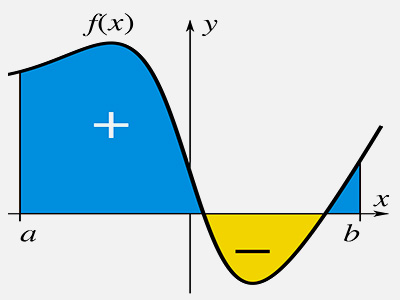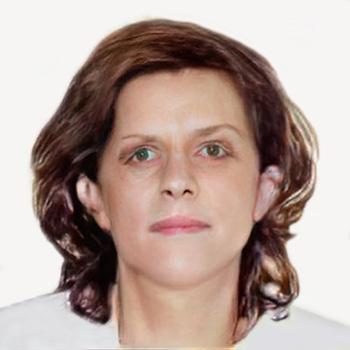Numerical Analysis
Module ID
Υ301
Semester
3
Hours/Week - ECTS
5 – 5

Ganatsiou Chrysoula
Adjunct Lecturer
Learning Outcomes
Upon successful completion of the course, the student will:
- Have understood ways of solving linear systems by direct and iterative methods and will be able to judge which is the appropriate method to use for the given problem.
- Have knowledge of the basic methods of solving non-linear systems of equations.
- Have knowledge of data approximation and interpolation methods with (partially) polynomial and/or trigonometric functions (Fourier).
- Have knowledge in basic methods of numerical derivation with finite differences and integration, which will be useful in solving differential equations by numerical methods.
- Have understood the effect of finite arithmetic errors and method errors on the numerical results to be obtained from the execution of the programmed methods.
- Have basic level knowledge of MATLAB software and its tools (toolbox).
Indicative Module Content
The course aims to give students the necessary tools to solve well-known mathematical problems such as solution of linear systems, solving differential equations and non-linear equations, data approximation problems, etc. The use of the MATLAB software package, which is world-famous and used by engineers and theoreticians of computer science, makes possible the implementation and study of the methods presented in the theory.
Theory:
- Floating Point Arithmetic.
- Methods of approximating functions and data with polynomials, piecewise polynomial functions and Fourier series.
- Numerical methods for solving linear and non-linear systems (direct and iterative).
- Numerical approximation of eigenvalues and eigenvectors of matrices.
- Numerical integration and derivation.
- Methods of solving Ordinary and Partial Differential Equations.
Laboratory:
- Programming using the MATLAB package: data structures (vectors, matrices and complex numbers), control structures, defining and calling functions.
- Programming computational methods (taught in theory) using MATLAB. Introduction and use of the tools (toolbox) of MATLAB.
- Create graphs for two- and three-dimensional data.
- Creating Graphical Interactive Environments (GUIs).
- Interaction of MATLAB with FORTRAN and C.
- Introduction to Ontocentric Programming.

